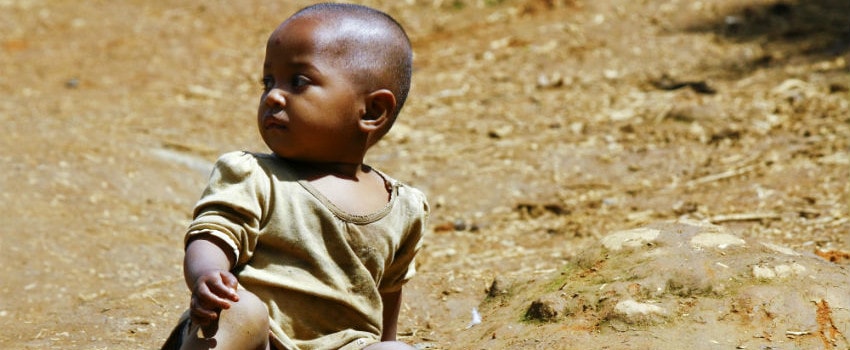
A coalition of aid agencies including Oxfam UK is warning that millions of people in the Democratic Republic of Congo are at risk of rising levels of hunger, death and disease because funding has not been made available. The aid agencies are seeking US$1.7 billion to provide assistance to more than 10 million people who desperately need help throughout the country. So far, of the amount that has been sought, only 12 per cent has been funded.
Forcing aid to be scaled back or cut
Last year humanitarian organisations appealed for a smaller amount and that was also not funded adequately. That forced most agencies to either scale back their efforts delivering food and clean water to people who had fled their homes as a result of conflict or discontinue their efforts entirely. Jose Barahona who runs Oxfam’s operations in the DRC says the lack of funding forces aid agencies to make choices they shouldn’t have to make.
Aid agencies forced to make bad choices
Mr Barahona says Oxfam has been forced to restrict its work to specific areas and is only able to provide assistance to a fraction of the people who desperately need it. In November last year Oxfam was working in the conflict-ridden Kasai provinces and was only able to provide half food rations to 90,000 people. He adds that last month the situation was even worse and the aid agency was forced to restrict rations even further with more than 25 per cent of the population receiving no food whatsoever.
Donors need to learn from the past
Understandably Mr Barahona expressed his frustration and says that governments and international donors must learn from the past and unless they provide sufficient aid many people in the DRC will simply die. 13 million people in the country are estimated to be in urgent need of humanitarian assistance representing an increase of 5.6 million people over the previous year. Last year only 1.7 million people out of the 4.6 million people who needed access to clean water and sanitation received assistance. That left people with filthy drinking water and forced them to defecate in the open.
Disease and violence
Such a situation will inevitably result in the outbreak of waterborne disease. 4.1 million people in the country suffer from acute malnourishment with only 516,000 people receiving treatment. Today the figure is now 7.7 million people facing the prospect of starvation. In the Kasai provinces Oxfam estimates that just 39 per cent of people in need of assistance received aid between October last year and the end of January this year. In the provinces bordering Uganda thousands of people are fleeing their homes in response to violence.
Lack of funds means aid will not be delivered
The DRC is huge. It is as large as Western Europe and the conditions of the roads in the country are extremely poor which means there is a massive delay and huge costs to reach areas that require assistance. The lack of funding means there is no money to pay for either logistics or security and that constrains aid agencies ability to deploy quickly. The situation is likely to get worse as the UN cuts funding which means its fleet of helicopters which are the only means of transportation of aid will be curtailed. The short version of the story is the world needs to wake up to the crisis in the DRC and provide it with the funding that is necessary.





